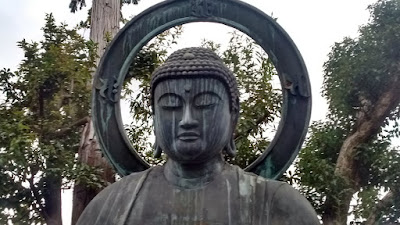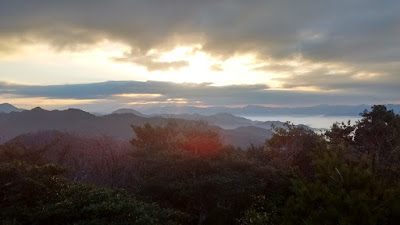Aesthetics and Politics

The man of tea learns of it quickly : a long-neck jet black vase has a different aura from a simple open and refreshing bamboo vase. Why do we keep the room empty ? Simply to give space to imagination ? Any item keeps the mind busy. Across history, powerful politicians have always understood this, one way or another. « Beauty » is a sensibility that varies with cultures and fashions. To change our conception of the beautiful, of the agreeable, is to change our approach of the world. Aesthetic is politic During the Momoyama era, a kind of Japanese Renaissance compressed in a handful of years, Sen no Rikyu ruled over aesthetic — according to some historians. The man who wanted every warlord to bow as he entered the tea room set the social tone to modesty of mean, dark colors and rustic simplicity. Some say that Hideyoshi Toyotomi, the great lord of the time, supported Rikyu in his actions. Others say that he saw in the Tea master’s aesthetic powe...





